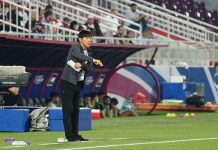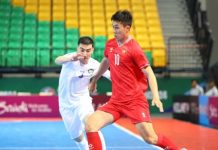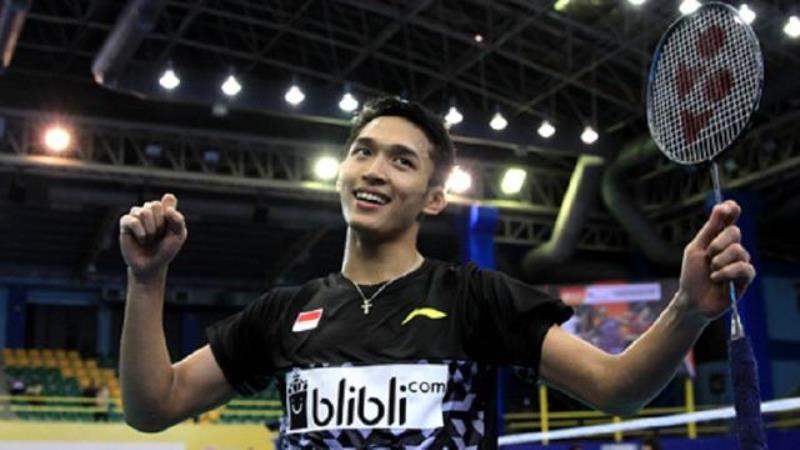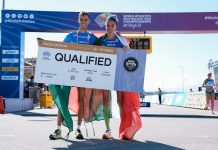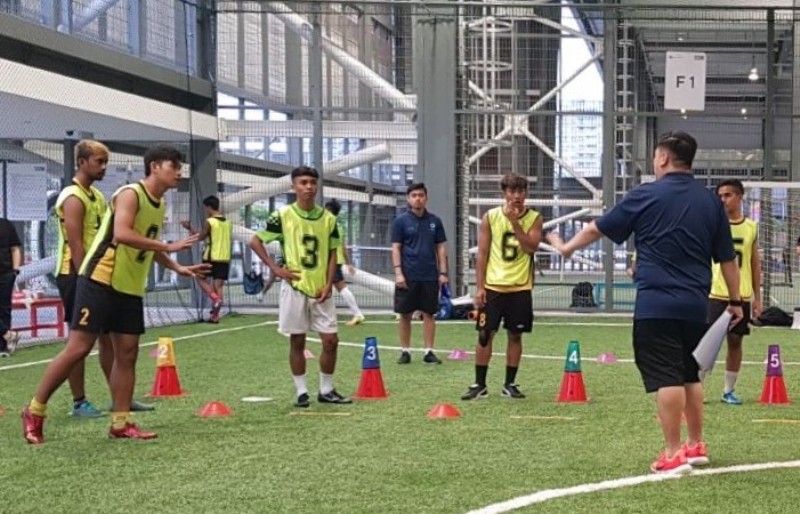
Singapore’s domestic professional league will have to familiarise themselves with a new fitness test this season, as the 2.4 kilometres (km) run has been replaced by the Yo-Yo Intermittent Recovery test.
Announced by the Football Association of Singapore (FAS) in December 2017, the new Yo-Yo test will be conducted three times a year – pre-season, mid-season and at the end of the season. FAS Senior Physiotherapist Nurhafizah Abu Sujad believes that the new test will provide a clearer picture on players’ fitness level.
“The Yo-Yo test was recommended and chosen to substitute the previous 2.4km run after consultation with experts from Sport Singapore. It gives a more accurate gauge of players’ fitness levels after taking into consideration the intensity and activity pattern of football.
“Footballers run, they sprint, recover, and then they run again with a burst. The test works in a similar pattern – players are required to run shuttles between two cones placed 20 metres apart at increasing speeds, with a 10-second recovery period between shuttles. During that particular period of time, we will assess the players’ ability to repeatedly perform such high intensity exercise,” elaborated Nurhafizah.
Singapore Sport Institute Senior Sports Scientist, Strength & Conditioning, Abdul Rashid Aziz, who has over 20 years of experience in providing sports science services to high performance athletes in Singapore, said: “The Yo-Yo Intermittent Recovery Level 1 Test is already established in the scientific literature as a valid and reliable measure of football players’ ability to perform intermittent high-intensity runs and has been validated against the VO2max(maximal oxygen uptake), the gold standard measure for aerobic fitness.
“Studies have shown that the test has a positive relationship with match-running performances during actual games – players who performed well and ran greater distances during the test have the ability to cover greater distances of high intensity during matches.”
An advisor and consultant to local athletes and coaches of high performance sports, Rashid revealed that the Yo-Yo test has been used as a test of fitness for other national men and women team sports including basketball, hockey, and netball, and highlighted the supporting role of the SSI.
“Sports Scientists at SSI assisted in determining the appropriate level of fitness to be achieved during the Yo-Yo test. If the level is set too high, our players will never achieve it; if the level is set too low, it then defeats the purpose of this effort.”
He further pointed out that the test alone will not improve the standard of Singapore football.
“Like all tests, the Yo-Yo test is only a tool for the player and coach to gauge the current level of fitness. If a player knows that his level of fitness is under par and makes effort to improve through additional training to specifically work on his fitness, repeat testing would then serve the purpose of evaluating the efficacy of specific training blocks and the physiological adaptation that occurs with each individual player.”
Echoing Rashid’s sentiments, Hougang United FC Sports Performance Coach Dirk Schauenberg added: “A pure test will not help the players improve; it only shows a player’s current fitness level. Based on the results of the Yo-Yo test, we can design trainings in different heart rate and intensity zones to enhance players’ fitness. This will directly affect their performance on the field.”
Formerly the fitness coach of German’s football league Bundesliga side Fortuna Dusseldorf, Dirk said that players should be both physically and mentally prepared before the testing.
“We have a huge amount of time now to prepare the players to be ready for testing. We don’t want to risk physical injuries and we also don’t want players to be affected mentally if they are not well prepared for the test. The mental part should not be underestimated. It’s a huge pressure on players, especially young players, but that’s part and parcel of professional football.”
With the focus on fitness, the FAS will provide clubs with the necessary support. Besides conducting the Yo-Yo test, the FAS Football Science and Medicine department will also assist clubs in other areas including the selection of fitness coaches, designing fitness programmes and monitoring of players as well. In addition, National Team Fitness Conditioning Coach Aleksandar Bozenko will be sharing his expertise with the clubs’ fitness coaches, while Sports Scientists at SSI will also assist in providing clubs’ advice on how to improve the players’ aerobic fitness.
Nurhafizah shared that the FAS will also be monitoring the performance of players on match days for selected games using the Global Positioning System (GPS) player tracking system.
“The GPS tracking system will be used to monitor two teams weekly on a rotating basis. Together with results from the Yo-Yo test, all data will be shared with the clubs’ coaches and fitness coaches. This holistic approach will give a good indication of a player’s fitness throughout the season.
“We want to work towards our vision of developing fitter players for higher intensity games and fitness is one of the components in ensuring the competitiveness of players and the local league.”
The first run of Yo-Yo commenced on Friday and is expected to be completed by the end of February.





